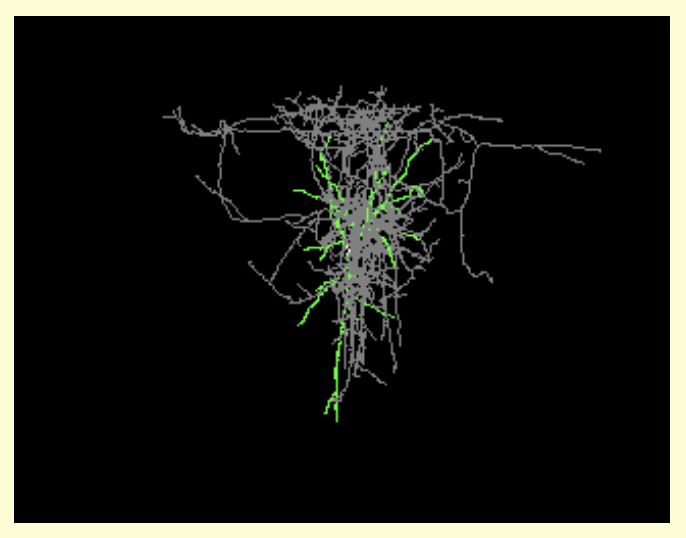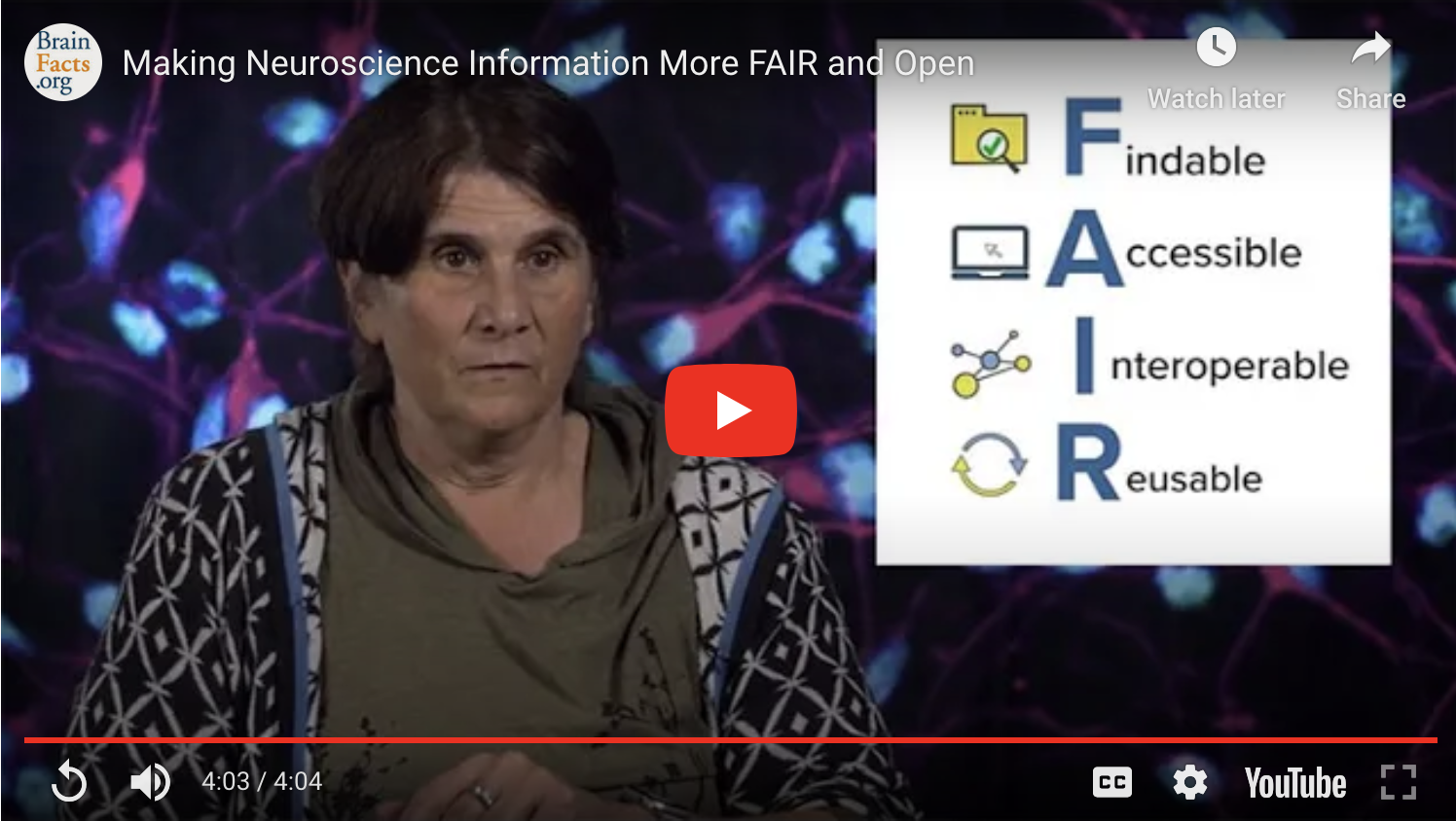GIGYF2 and 4EHP Inhibit Translation Initiation of Defective Messenger RNAs to Assist Ribosome-Associated Quality Control.
Ribosome-associated quality control (RQC) pathways protect cells from toxicity caused by incomplete protein products resulting from translation of damaged or problematic mRNAs. Extensive work in yeast has identified highly conserved mechanisms that lead to degradation of faulty mRNA and partially synthesized polypeptides. Here we used CRISPR-Cas9-based screening to search for additional RQC strategies in mammals. We found that failed translation leads to specific inhibition of translation initiation on that message. This negative feedback loop is mediated by two translation inhibitors, GIGYF2 and 4EHP. Model substrates and growth-based assays established that inhibition of additional rounds of translation acts in concert with known RQC pathways to prevent buildup of toxic proteins. Inability to block translation of faulty mRNAs and subsequent accumulation of partially synthesized polypeptides could explain the neurodevelopmental and neuropsychiatric disorders observed in mice and humans with compromised GIGYF2 function.
Pubmed ID: 32726578 RIS Download
Research resources used in this publication
Additional research tools detected in this publication
Associated grants
- Agency: NIGMS NIH HHS, United States
Id: R37 GM059425 - Agency: NIGMS NIH HHS, United States
Id: T32 GM007445 - Agency: NIGMS NIH HHS, United States
Id: T32 GM007618 - Agency: NIGMS NIH HHS, United States
Id: P50 GM102706 - Agency: NIA NIH HHS, United States
Id: R01 AG041826 - Agency: Howard Hughes Medical Institute, United States
- Agency: NIH HHS, United States
Id: DP5 OD028147 - Agency: NIGMS NIH HHS, United States
Id: K99 GM130964
Publication data is provided by the National Library of Medicine ® and PubMed ®. Data is retrieved from PubMed ® on a weekly schedule. For terms and conditions see the National Library of Medicine Terms and Conditions.
This is a list of tools and resources that we have found mentioned in this publication.
FASTX-Toolkit (tool)
RRID:SCR_005534
Software tool as collection of command line tools for Short-Reads FASTA/FASTQ files preprocessing.
View all literature mentionsK-562 (tool)
RRID:CVCL_0004
Cell line K-562 is a Cancer cell line with a species of origin Homo sapiens (Human)
View all literature mentionsHEK293T (tool)
RRID:CVCL_0063
Cell line HEK293T is a Transformed cell line with a species of origin Homo sapiens (Human)
View all literature mentionsGIGYF2 Polyclonal Antibody (antibody)
RRID:AB_2781424
This unknown targets GIGYF2
View all literature mentions4EHP (D54C2) Rabbit mAb (antibody)
RRID:AB_10839268
This monoclonal targets 4EHP (D54C2) Rabbit mAb
View all literature mentionsGAPDH antibody [6C5] (antibody)
RRID:AB_2107448
This monoclonal targets GAPDH antibody [6C5]
View all literature mentions




